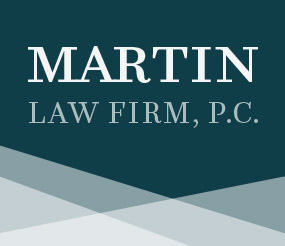Leaving Your Spouse Out of Your Will? Think Again.
Through Pennsylvania estate planning and by creating a Last Will and Testament, you can dictate who receives your property after death. Many people believe that this gives you free reign to decide who gets property and who is left out; however, in terms of Pennsylvania estate planning, there are limitations. Pennsylvania law states that you […]
Leaving Your Spouse Out of Your Will? Think Again. Read More »



